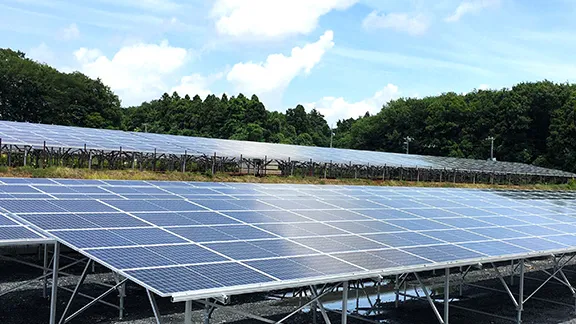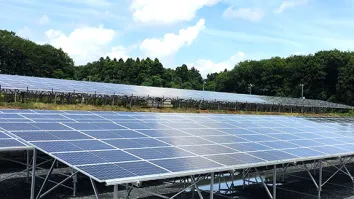
Juniper Green signs PPAs for 2 RE projects in Rajasthan and Gujarat
One of the projects is a wind-solar hybrid power plant.
Juniper Green Energy signed two power purchase agreements (PPA) with the Solar Energy Corporation of India (SECI) and the GUVNL Wind Phase VI for the development of a wind-solar hybrid and a wind power facility.
In a statement, Juniper said that it signed the deal with SECI under Hybrid Tranche VIII for the development of a 150-megawatt wind-solar hybrid power project in Rajasthan and Gujarat.
The power plant is expected to generate around 477 million units of electricity annually and offset around 445,796 tonnes of carbon dioxide emissions annually. This project could provide power to around 95,000 households.
Meanwhile, the agreement with GUVNL Wind Phase VI involves the development of a standalone 90 MW wind project in Gujarat, the company’s largest single PPA to date.
This project could produce around 293 million units of electricity each year, powering around 56,000 households, whilst offsetting around 266,000 tonnes of CO2 emissions.


















 Advertise
Advertise






